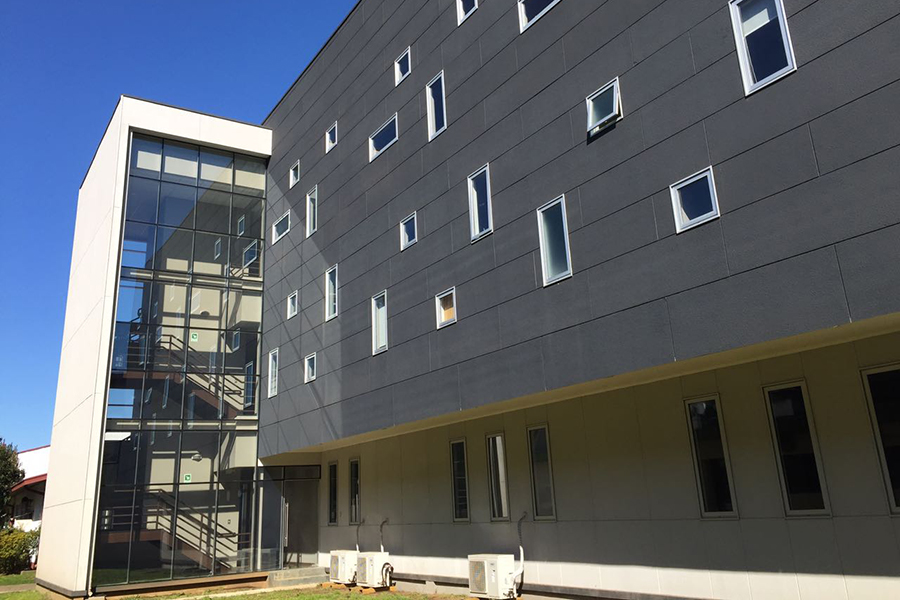|
This week, on September 25-28, international experts will get together with academics, students and the directors of the PhD programs in Natural Resource Sciences and Sciences with mention in Applied Cellular and Molecular Biology. The German agency AQAS is in charge of the assessment of quality and development of the processes of both programs that want to guarantee excellence at an international level. |
This week, on September 25-28, international experts will get together with academics, students and the directors of the PhD programs in Natural Resource Sciences and Sciences with mention in Applied Cellular and Molecular Biology. The German agency AQAS is in charge of the assessment of quality and development of the processes of both programs that want to guarantee excellence at an international level. Four academics and one PhD student are part of the committee of international experts, who are visiting the PhD program in Sciences with mention in Applied Cellular and Molecular Biology and the PhD program in Natural Resource Sciences of the Universidad de La Frontera for four days, for their international accreditation. The group consists of Dr. Elke Bloem of the Federal Research Centre for Cultivated Plants, Dr. Patricia Gandini of the Universidad Nacional de la Patagonia Austral, Dr. Robert Hänsch of the Technical University Braunschweig, Dr. Patricia Hidalgo of the International Helmholtz Research School of Biophysics and Soft Matters and Jorge Moreno, doctoral student of Molecular Biology at the University of Mainz & BioNtech RNA Pharmaceuticals GmbH. The international accreditation is part of the agreements that have been established in the performance agreement of internationalization of PhD programs, which the Universidad de La Frontera is carrying out. Until now, no PhD program in Chile has received this acknowledgement. In contrast to the national accreditation process, the assessors sent their observations before their visit, so the Institution could enhance its strengths and improve weaknesses. The process started in January with the signing of the accreditation agreement between the Rector Sergio Bravo and the agency AQAS. After that, members of the Institutional Analysis and Development Division that support the process assisted at a training in Germany. In April, the UFRO handed the first preliminary report to the accreditation agency with the aim of determining the admissibility. After that, a new report about the national accreditation processes of each program had to be elaborated and in response to this report, the experts sent their observations of what had to be improved. The next step is the visit of international experts which is taking part until September 28. |





